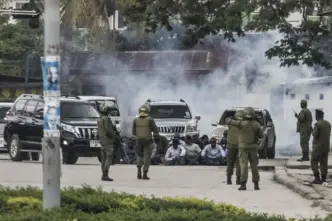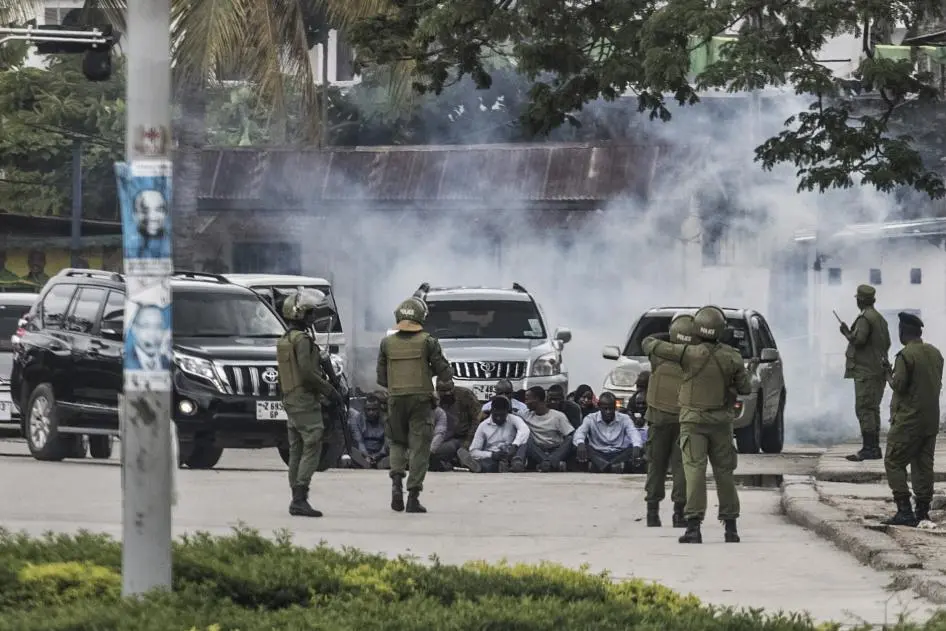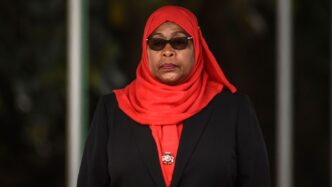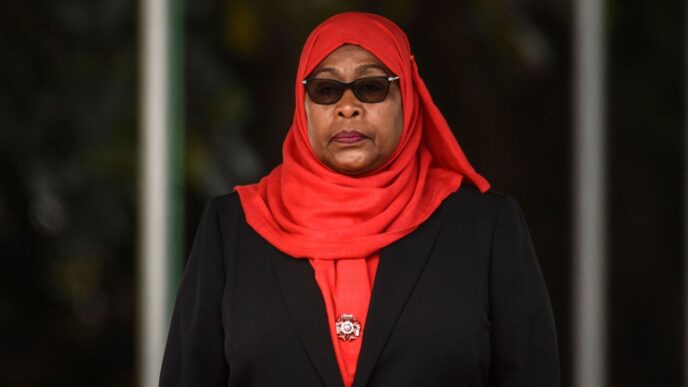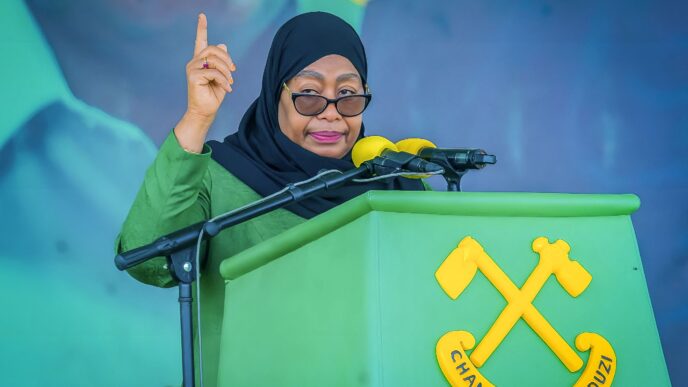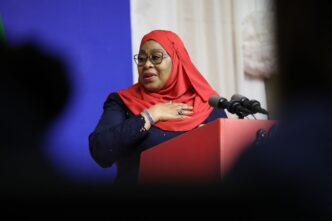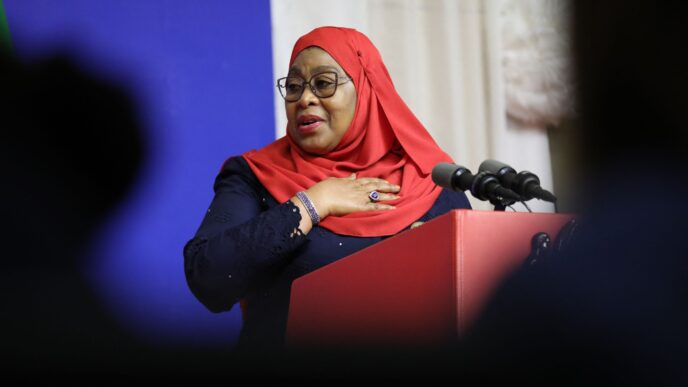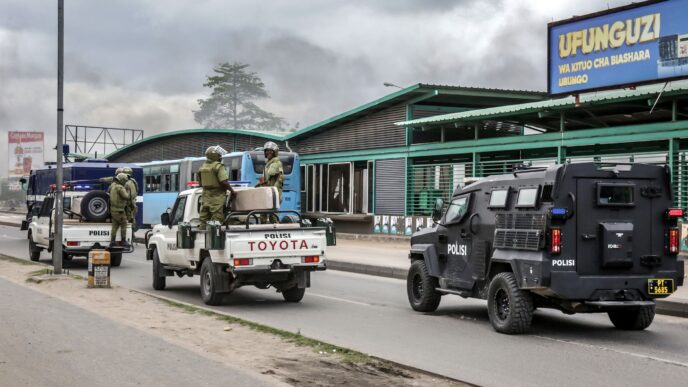The Tanzanian administration blocked internet service for a third straight day on Friday as protests over the election continued and the opposition dismissed results from Zanzibar.
President Samia Suluhu Hassan, whose administration faces accusations of repression, aimed to solidify her authority and silence dissent within her party during the largely uncontested elections, as most major rivals were either imprisoned or prevented from participating.
The election on Wednesday spiralled into disorder as crowds gathered in Dar es Salaam and other cities, tearing down her campaign posters and clashing with police and assaulting polling stations, which resulted in an internet blackout and a curfew.
Information from the ground has been limited due to a communications blackout entering its third day, compounded by a ban on foreign journalists covering the election.
Reports from witnesses in Sinza and the capital, Dodoma, indicate that protests continued into late Thursday, with demonstrators setting tyres on fire.
While there have been indications of numerous fatalities, these remain unverified, and many hospitals and health clinics were too intimidated to speak to the media.
Local news outlets have not provided updates since Wednesday, and Hassan has yet to address the ongoing unrest.
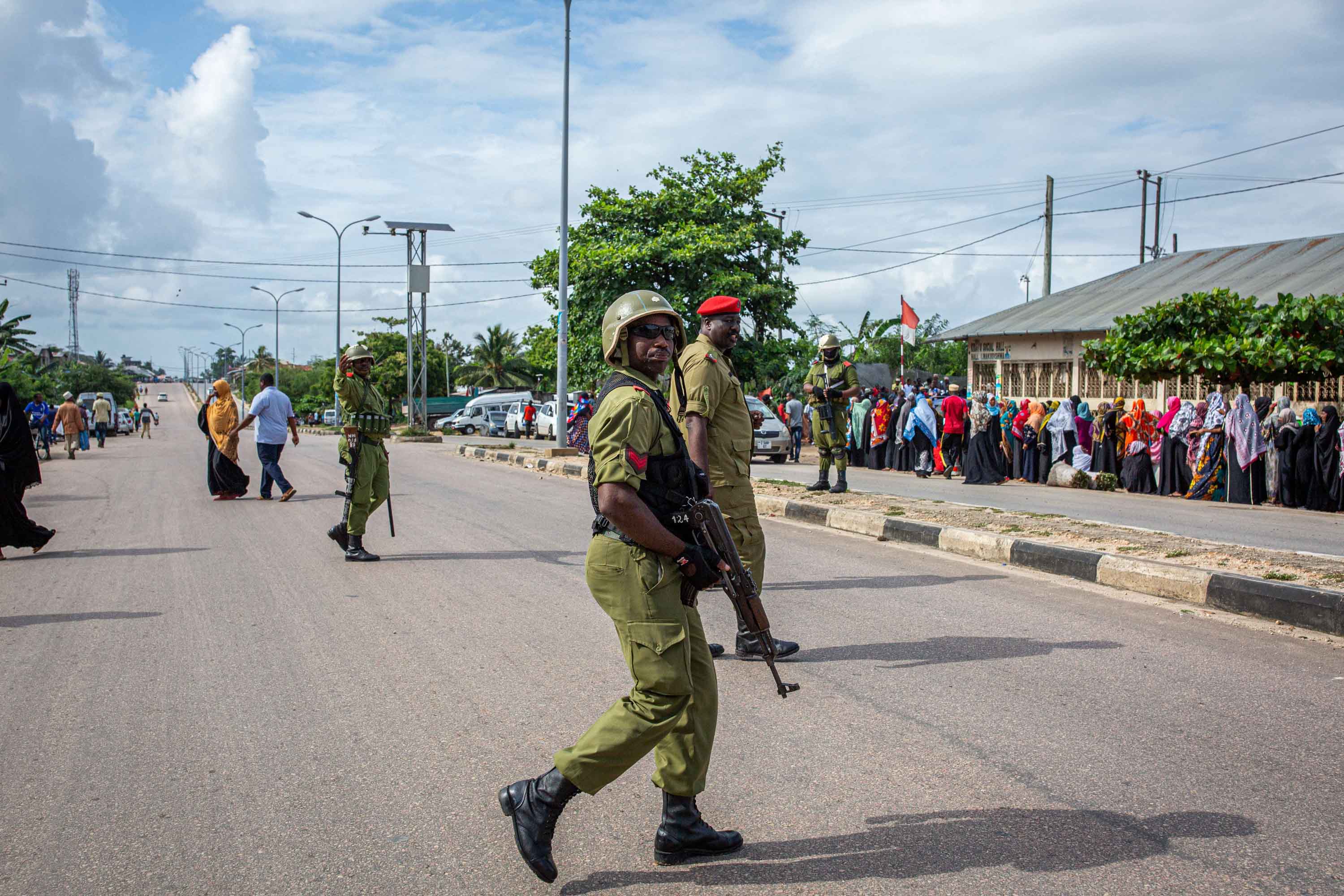
The sole official communication came from army chief Jacob Mkunda late Thursday, who referred to the demonstrators as “criminals.”
In Zanzibar, a popular tourist destination, Hassan’s ruling party had already been declared the victor of the local election on Thursday.
A senior party official told AFP that ballot boxes were tampered with, that individuals were permitted to vote multiple times without identification, and that their election monitors were expelled from counting rooms.
The opposition party, ACT-Wazalendo, rejected the result, saying, “They have robbed the people of Zanzibar of their voice. The only solution to deliver justice is through a fresh election.”
The ruling party, Chama Cha Mapinduzi (CCM), is expected to hold a press conference later today.
There is a sense of disappointment and fear among opposition supporters at their gathering spot on Zanzibar.
According to analysts, since taking office following the death of her predecessor, John Magufuli, in 2021, Hassan has faced resistance from certain army factions and from Magufuli’s authoritarian regime allies.
They suggest that she sought a decisive win to solidify her power, leading to the prohibition of the main opposition party, Chadema, and the trial of its leader for treason.
Leading up to the election, human rights organisations denounced a “wave of terror” in the East African country, highlighting a series of high-profile kidnappings that intensified in the days before.
Much of the public ire has been directed towards Hassan’s son, Abdul Halim Hafidh Ameir, who is alleged to have overseen the violent crackdown.
While ACT-Wazalendo was permitted to participate in the local elections in Zanzibar, their candidate was restricted from competing against Hassan on the mainland.


 Trending
Trending 
